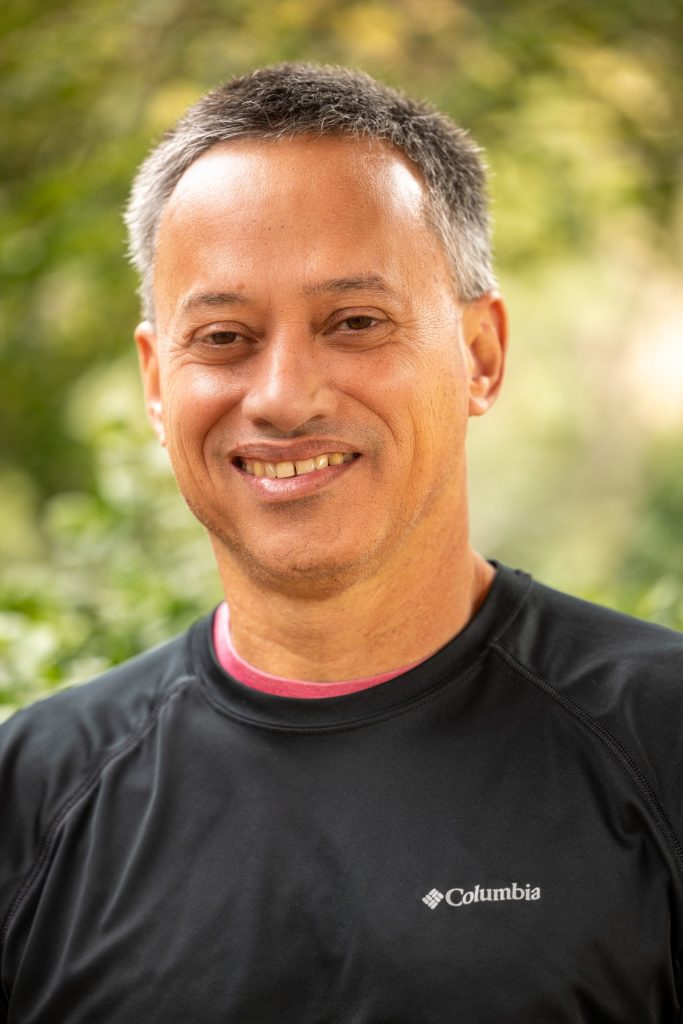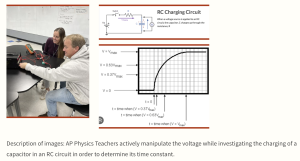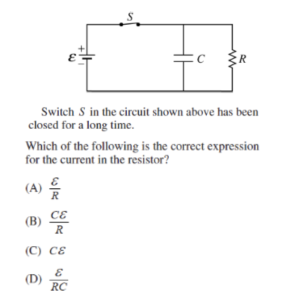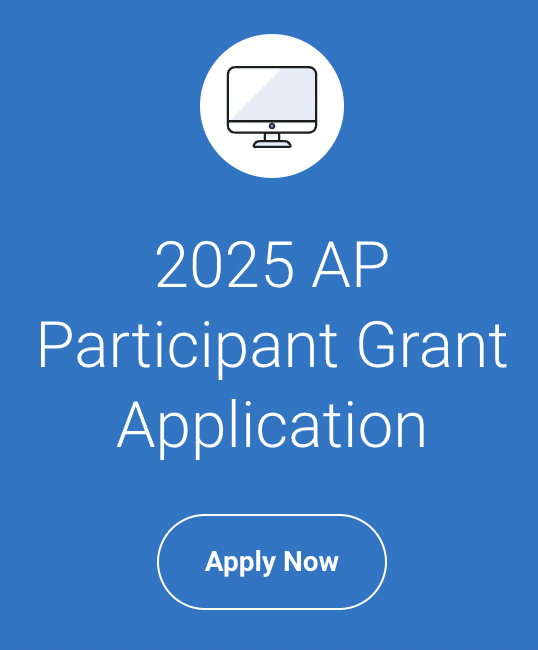 Patrick Diehl has taught Honors Physics, Honors Chemistry, AP Physics B, AP Physics 1, IB Physics, IB Chemistry, and AP Physics C Mechanics & Electricity/Magnetism at Ashley Hall School (9 years) in Charleston, SC, Hong Kong International School (10 years), and United World College in Thailand (2 years).
Patrick Diehl has taught Honors Physics, Honors Chemistry, AP Physics B, AP Physics 1, IB Physics, IB Chemistry, and AP Physics C Mechanics & Electricity/Magnetism at Ashley Hall School (9 years) in Charleston, SC, Hong Kong International School (10 years), and United World College in Thailand (2 years).
For the last five years he has been teaching Physics, AP Physics 1, AP Physics C Mechanics, and AP Physics C Electricity & Magnetism at Walworth Barbour American International School in Israel. Prior to his secondary school science career, he was a researcher in the field of Solid State science, conducting materials research mainly using High Resolution Electron Microscopy. In addition to teaching AP Physics, he has had a strong interest and background in incorporating Physics Education Research (specifically using Modeling Physics). He has also been a Reader of the AP Physics exams since 2011. Patrick received a B.S. in Chemistry from Rochester Institute of Technology, a M.S. is Materials Engineering from the University of Virginia, and a Ph.D. in Science and Engineering of Materials from Arizona State University.
Physics C Mechanics and Electricity & Magnetism Course Description
The APSI will address pedagogy and curriculum. You will learn teaching strategies, contents, and other information necessary to maximize your success in teaching and your student’s success on the exam(s). Please remember to bring a laptop and calculator. It would be ideal if you complete the course audit (if you still need to do so) and ask the AP Coordinator at your school to authorize or update your AP course audit. This allows you to access AP Classroom resources.
We will focus on:
-The new Physics C Course and Exam Description
-The sequence of teaching topics, planning, and pacing
-Inquiry-based lab activities
-AP Classroom and the resources available from the College Board
-Formative and summative assessment examples and ideas
-How to incorporate calculus
-Using technology, such as probeware and video analysis
-Best ways to prepare students for the multiple-choice and free-response parts of the AP Physics C Test
-Sharing and practicing of teaching, laboratory, and demonstration ideas
Why attend an in-person APSI? Meaningful discussions and collaborations! Opportunities to do hands-on activities and laboratory experiments.
Students who did this experiment performed well on an AP Physics Test question assessing understanding of RC circuits.
An AP Physics C Multiple-Choice Test Question assessing student understanding of RC circuits.




